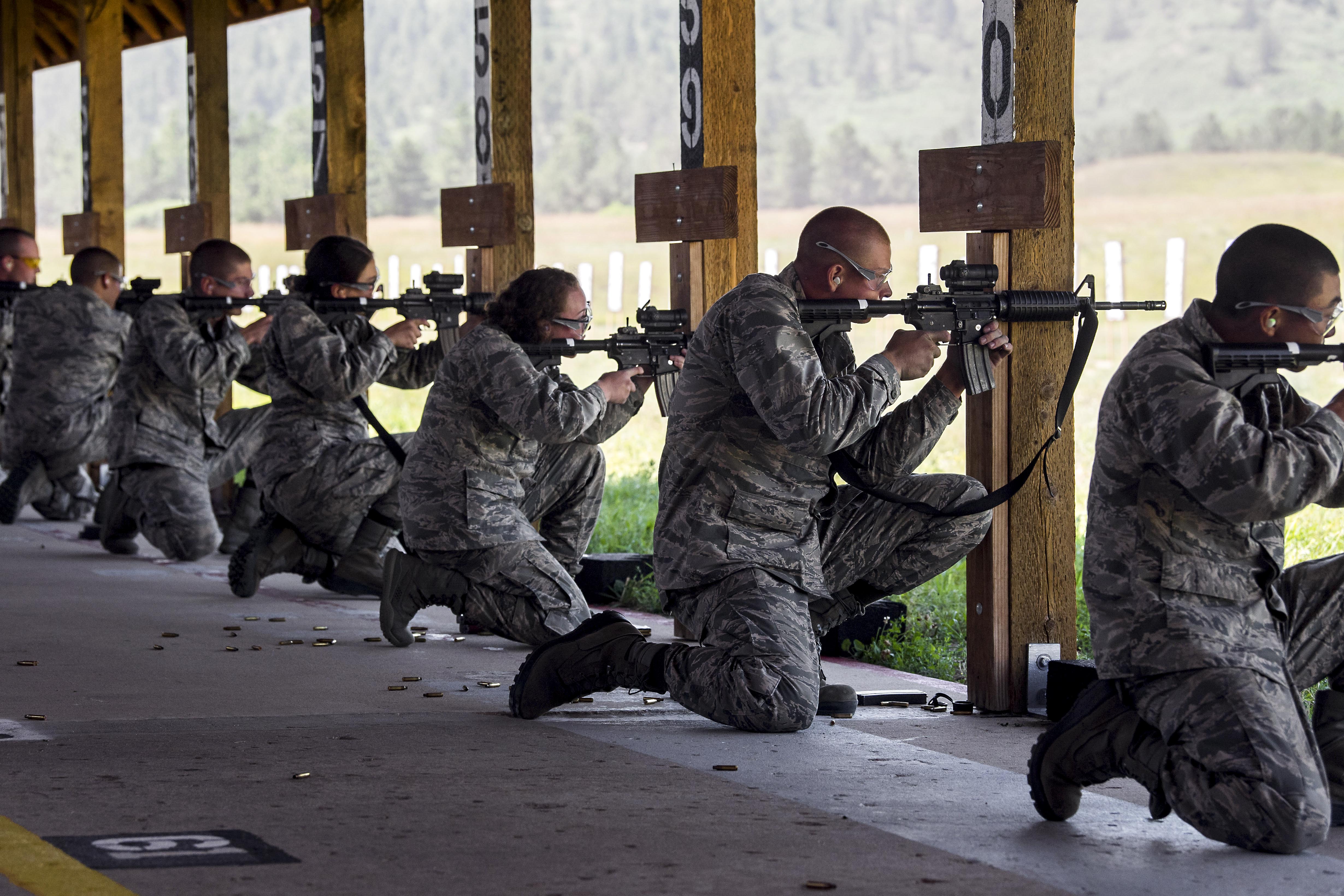“Force Multiplier” in military jargon refers to a factor or a combination of factors that gives personnel or weapons the ability to accomplish greater things than without it. I’m a big fan of simple things and of knowledge. That is probably why this inscription from a statue shown in the opening scene of one of my favorite films has stuck with me since my college days. In many cases, it can be as valuable to know what not to do as to know the right way to do something, proving that any knowledge is better than none.
Knowledge is good.
The phrase, “Knowledge is power,” is attributed to a more well-known source: Sir Francis Bacon. Known as the father of the scientific method, Bacon introduced the idea that use of a skeptical and methodical approach to scientific studies would improve the quality of the research; his impact on scientific advancements has been felt for hundreds of years. The successful prepper is nothing if not skeptical, methodical and knowledgeable. We certainly believe that knowledge is power. In fact, we depend on it.
While every issue of American Survival Guide is loaded with as much knowledge from experienced subject matter experts as we can cram into it, this issue is something of a “force multiplier” as we introduce you to American Survival Guide University—the next level in providing you with critical information about prepping and survival topics.
ASGU is an online resource that brings you insight, advice and training from industry-leading authorities who will help you up your game and make the most of everything you do to protect yourself and your family. Found online at ASGU.ASGMAG.com, ASGU’s curriculum uses the “Six Pillars of Survival” system to organize the many categories of survival information you need to include in your knowledge base. This month’s article about these six pillars might help you rethink and refine your existing emergency response plan.
ASGU is produced by Lead Instructor Brian Morris, a retired U.S. Special Forces Green Beret combat veteran. During his decades of active service, Brian taught at the Survival, Evasion, Resistance and Escape (SERE) School, was the lead instructor at the Resistance Training Lab and wrote SERE doctrine for the Army Special Forces, including the Army Special Operations Forces’ Resistance and Escape Manual.
As you noticed, this month’s cover features Mykel Hawke, who is widely known and respected for his work on several TV survival series, as well as for books he’s written and gear he has developed after many years as an expert in the field. ASGU is honored to have Mykel as an instructor, and we’re sure you will benefit from the segments he recently created for ASGU in the Florida Everglades. Check out our exclusive Q&A with Mykel that begins on page 14. In this first of three installments, you’ll learn about his early years and what drove him to become a leading expert in the art of survival. When you visit the ASGU website, you will undoubtedly recognize other icons of the survival universe who are members of our teaching cadre.
More instructors and new topics will be added in the future, but be sure to sound off and let us know if there are specific skills or information you’d like to learn more about. As Benjamin Franklin said, “An investment in knowledge pays the best interest.” In this case, the payback is your security, safety and maybe even a degree of comfort in a very difficult situation. This is probably the only investment you can make for which you have this much control over the outcome.
But remember: Knowledge doesn’t come from simply having a pile of gear, reading about other people’s experiences or imagining what you would do in a given circumstance. True knowledge is the result of combining information with practice and learning from the experience.
Editor’s note: A version of this article first appeared in the March 2017 print issue of American Survival Guide.


